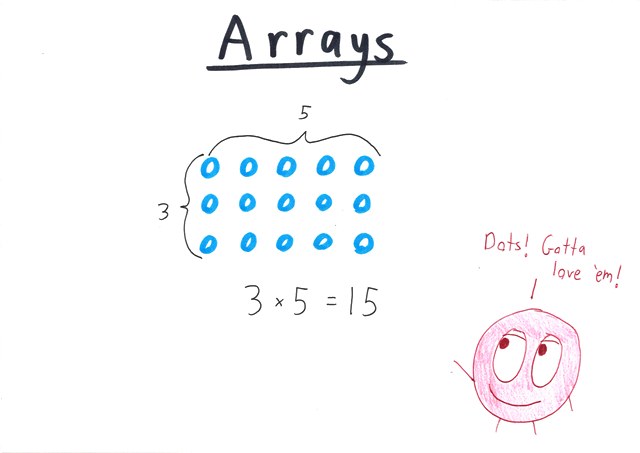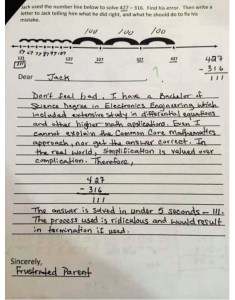In Middlebury College jargon, “explained absences” are distinct from “excused” ones. My failure to keep up with this blog is due to a bunch of things, but the biggest reason is probably that my writing energies have been directed elsewhere. I’ve written a chapter for a volume that will be put out by Springer-Verlag in cooperation with the Association for Women in Mathematics. I’ve also continued to write for the “On Teaching and Learning Mathematics” blog from the American Mathematical Society.
My latest post for the AMS blog was a struggle, to be honest. It’s hard to exhort people to DO something when it’s unclear what can be done. Also, people different ideas about what is appropriate and useful, as one of the comments makes clear. Essentially I was struggling with the question of voice, and in particular how much I should tone it down for that blog as opposed to this one.
One enormous benefit of working on the AMS blog has been the chance to collaborate with four excellent writer/educators. I’m particularly proud of the series we did on active learning, because I learned a lot working on it with them. We’re hoping to condense it into a different form for another publication.



You must be logged in to post a comment.